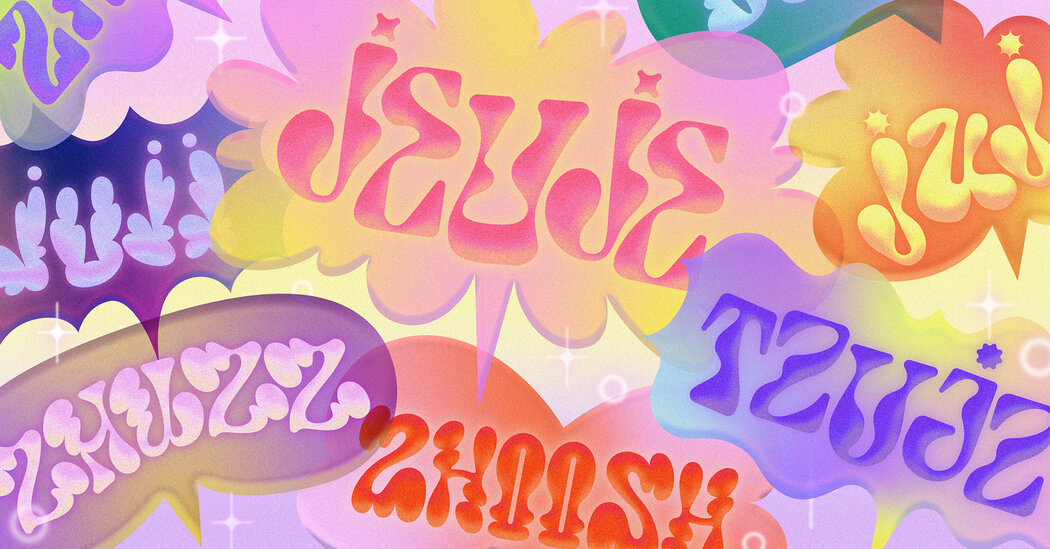
According to Mr. Baker, who has written two books on Polari, including “Fantabulosa: A Dictionary of Polari and Gay Slang,” the language is the product of “a very complicated and nonlinear chain” of events. He said it likely began as workplace slang among British sailors, who, traveling abroad, encountered the lingua franca of mainland Europe — i.e. French — and brought it home.
Since sailors knew all manner of ropes, knots and rigging apparatus, they often took jobs on land as theater stagehands and circus performers. Polari thrived among Britain’s fairgrounds, circuses and markets, metabolizing words from here and there (including bits of Romani), then twisting — or zhuzhing — them up.
Some Polari terms are “back slang,” or existing words pronounced as if they were spelled backward (“riah” for “hair,” for instance). By the 20th century, Mr. Baker said, Polari was spoken throughout the gay community in Britain, which had been driven underground by the country’s laws policing sexual behavior.
Mr. Baker said the language allowed gay men to communicate frankly and identify one another, but with its irrepressible jauntiness, it also celebrated the customs and spirit of a marginalized community. “It was also used for general gossip, to be hilariously funny, and to ‘read’ people with the most cutting put-downs,” Mr. Baker said.
Jonathon Green, who has spent the last 40ish years working on a comprehensive online dictionary of slang, cited early usage of the word — spelled as “zhoosh”— in a 1977 article from the British newspaper Gay News: “We would zhoosh [‘fix’] our riahs [‘hair’], powder our eeks [‘faces’], climb into our bona [‘nice’] new drag [‘clothes’], don our batts [‘shoes’] and troll off [‘cruise’] to some bona bijou [‘nice, small’] bar.”






